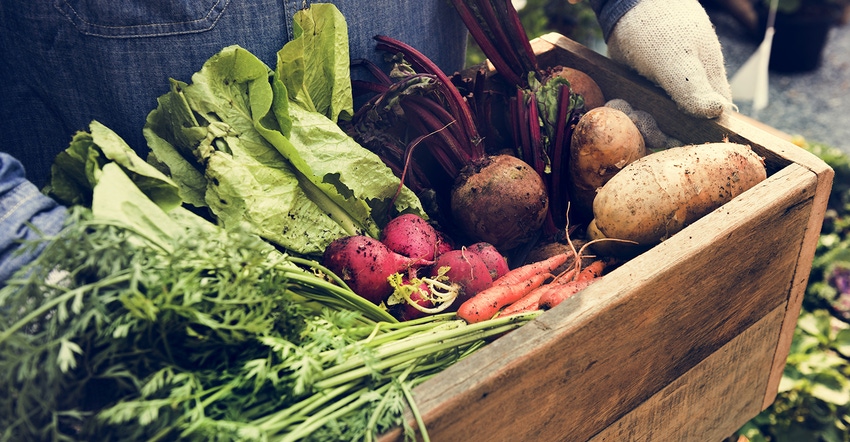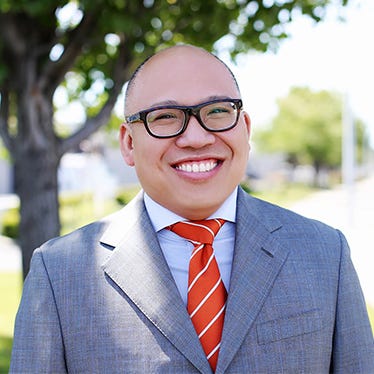Organic agriculture is well established, but regulations vary by country, meaning close inspection of ingredient sources is essential to meeting compliance.

Back in 1990—when “organic” attained a defined meaning in the U.S. with specific regulatory requirements to use that term—going “organic” was a complicated process that required a long-term view. At the time, many said the standards advocated by the Organic Trade Association (OTA) and its allies were unattainable.
Today, organic agriculture is well established in the U.S. and the European Union (EU), certified from farm to store shelves, with a massive number of certified products available. But how does the international supply chain fit in, when regulations developed for U.S. or European farmers may not translate well or easily?
As a main supplier of traditional Chinese medicine (TCM) herbs to the U.S. market, we offer this overview on sourcing and importing organic herbs from one of the main origins of ingredients used by the U.S. dietary supplements industry—China.
In the U.S., USDA regulates all organic agricultural products to a defined set of standards, with a handful of well-established third-party certification programs in place to confirm the legitimacy of a grower or manufacturer’s practices. All National Organic Program (NOP) certified organic products (e.g. herbs and supplements to foods) must all conform to NOP organic standards and be certified by an authorized certifier. Imported organic products must be certified as meeting USDA organic regulations. A similar process exists for importing organic products into the EU to meet its standards.
One of the key challenges in sourcing organic herbs from China is ensuring the material meets the certification requirements of the country for which it is intended. Many growers have relatively small farms, so the surrounding agricultural practices need to be harmonious. Growers must be educated as to what the NOP organics standards they need to meet for the U.S. market are versus other organic standards, and that “organic” isn’t the same thing universally. The standards are specific to the system that one is being certified to, so growers and processors must be well-versed in organic requirement variations. Growers and processers need to pay attention to whether it’s NOP organic and/or EU organic, for example, that they are producing to satisfy.
The challenges in providing organic herbs grown in China are similar to those grown in the rest of the world in that the farmer is trying to grow the plants in a healthy, sustainable manner in an increasingly contaminated environment. A few well-publicized episodes have given the impression that products from China are typically adulterated or contaminated, but the truth is some of the best ingredients in the world are found there. When farmers are growing herbs for use specifically for the supplement and functional food industry, they need to know the quality expectations. It is wise to work with a supplier that does a lot more testing of Chinese herbs than would be done for those grown in the U.S. or EU, from identity to purity. Buyers should test them as well, given vulnerabilities in the global supply chain.
Whether organic or conventional, most companies that buy herbs are getting powders and extracts, so the identity of the material can’t be confirmed without some type of chemical testing. Even more advantageous is to work with suppliers that have long-term relationships with growing partners so they can see the plant in all stages, from seed to flower to harvest. It makes a difference to inspect an herb both organoleptically and at a macroscopic level to confirm its identity. Other identification methods such as chemical assays, ultra-performance liquid chromatography (UPLC), high-performance thin-layer chromatography (HPTLC) and TLC, as appropriate, should follow to further confirm identity and potency, as well as testing for pesticides and heavy metals.
Harvested herbs are processed into powder, extract, tea bag cut or dried herb, but other more customized processing options can also meet organic certification. Additionally available is customization of herbs to manufacture a specific simple ratio extract. Customers choose the strength (the ratio), the solvent and carrier they wish to use. Another option is standardized extracts (chemical markers) that can be super-tailored as well, using the type of solvents, carriers, etc., to produce something that is fit for a customer’s specific needs, including organic certification.
Soon, buyers will be able to find vertically integrated solutions for organic supplements, no matter if manufacturers are using the herbal material or extracts in their products, with organic extracts tailored for a client’s delivery format. So, whether it’s tablets or some novel delivery method, it is fit for their purpose. Working with an extract supplier with the ability to trace back the botanicals used to their growing area not only helps with quality, but with other important brand initiatives, such as sustainability.
Meeting organic requirements when importing internationally sourced herbs requires careful attention to detail, and very specific communication with all the links in the supply chain about expectations and specific regulatory requirements. To successfully produce and sell a finished product containing herbs from China that can be labeled organic, extra care and experience is required beyond the already complex approach to working with a global supply chain.
Wilson Lau, vice president, is the third generation of his family to lead Nuherbs, a Chinese herb ingredient company founded as a pharmacy in Oakland, California’s Chinatown to provide TCM herbs to the patients of his grandmother, Dr. Bing Yin Lee. Lau is a member of the American Herbal Products Association (AHPA) board of trustees, and is an ISO TC 249 U.S. delegate, helping to set the U.S. position on a variety of international standards for TCM.
About the Author(s)
You May Also Like






.png?width=800&auto=webp&quality=80&disable=upscale)